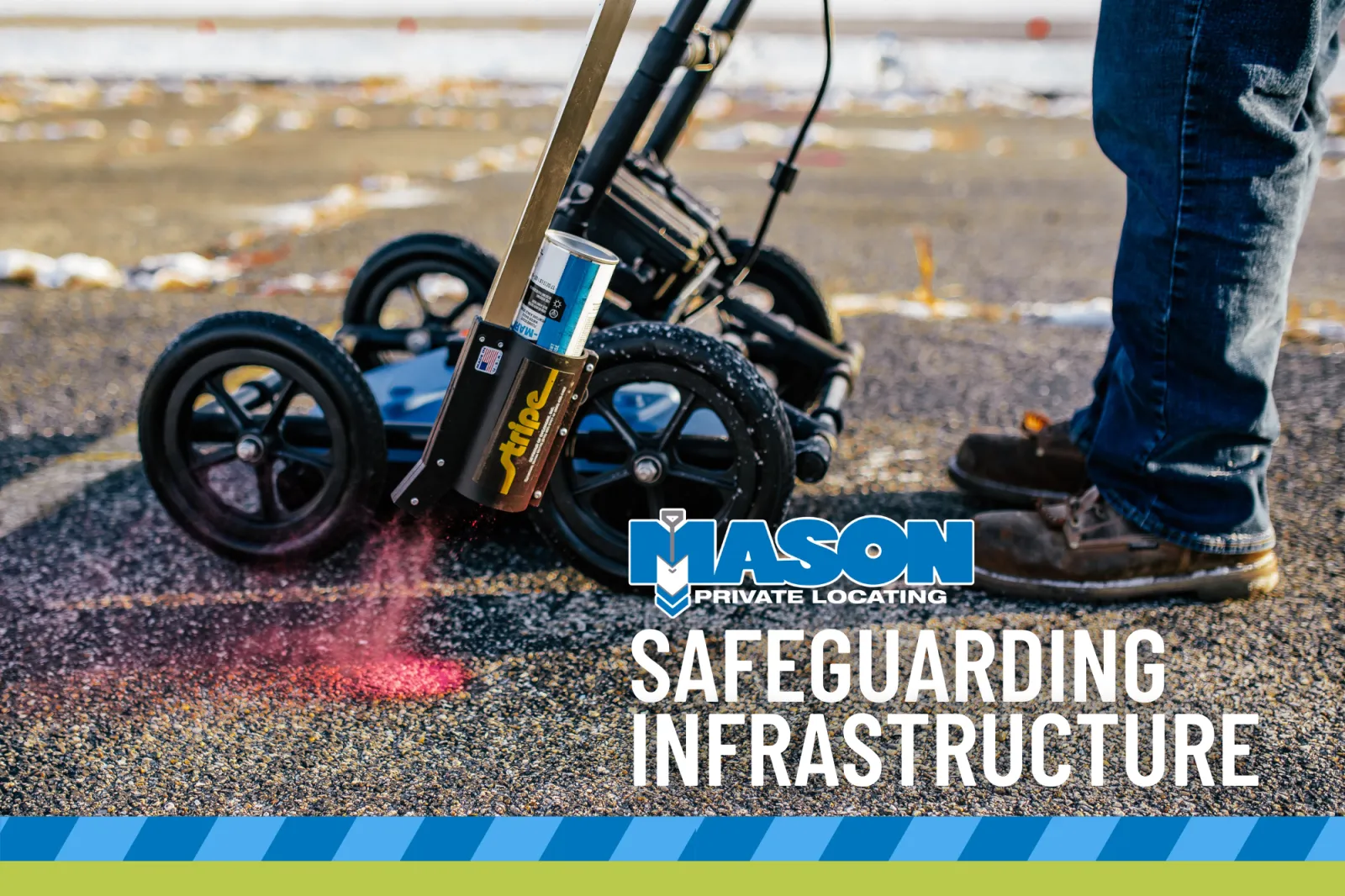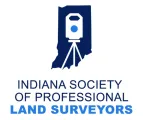
The Crucial Role of Ground Penetrating Radar (GPR) in Private Utility Protection
In the realm of construction and excavation, overlooking buried utilities can lead to disastrous consequences, ranging from costly delays to potentially life-threatening accidents. While public utilities often receive due attention, private utilities lurking beneath the earth's surface can pose an equal, if not greater, risk. Ground Penetrating Radar (GPR) emerges as a vital tool in mitigating these risks, offering a non-destructive and efficient means of detecting subsurface infrastructure.
Mason Private Locating, a pioneering force in the industry, has made it their mission to prioritize safety and efficiency on every job site. Central to their approach is the steadfast utilization of GPR, on every job site.
Understanding the Risks: Private utilities encompass a vast network of buried assets, including electrical lines, gas pipes, water mains, and telecommunication cables, among others. Ignoring these vital components during excavation or construction activities not only endangers the integrity of the infrastructure but also jeopardizes the safety of workers and nearby communities. The financial repercussions of accidental damage can be staggering, often far exceeding the initial project budget.
The Role of GPR: GPR stands as a beacon of hope in the quest to protect private utilities. By emitting high-frequency electromagnetic pulses into the ground and analyzing the reflected signals, GPR systems can create detailed subsurface images. These images enable construction crews and utility operators to identify and map buried infrastructure accurately, facilitating informed decision-making and proactive risk management.
Advantages of GPR:
- Non-Destructive Nature: Unlike traditional excavation methods or reliance on outdated utility maps, GPR allows for non-invasive scanning of the subsurface. This minimizes the risk of accidental damage to utilities and preserves the integrity of existing infrastructure.
- Accuracy and Precision: GPR technology offers unparalleled accuracy in detecting underground utilities, providing precise location data and depth estimates. This precision reduces the likelihood of costly errors and ensures efficient project planning and execution.
- Time and Cost Efficiency: By swiftly identifying buried utilities with GPR, Mason Private Locating helps streamline construction timelines and minimize project delays. The upfront investment in GPR surveys proves to be a cost-effective measure compared to the potential expenses incurred due to utility strikes and associated liabilities.
- Enhanced Safety: Prioritizing safety is paramount in any construction endeavor. GPR empowers workers with vital information about subsurface hazards, enabling them to implement appropriate safety measures and protocols. This proactive approach significantly reduces the risk of accidents and injuries on job sites.
The Imperative for Comprehensive Adoption: Incorporating GPR into standard operating procedures is not merely a best practice; it is also a moral obligation. Regulatory bodies increasingly mandate the use of GPR in construction and excavation projects to safeguard underground utilities and uphold public safety standards. Embracing GPR technology demonstrates a commitment to responsible construction practices and fosters a culture of accountability within the industry.
In an industry where the stakes are high and the margin for error is slim, Mason Private Locating shines as a beacon of excellence. By embracing Ground Penetrating Radar on every job site, they set a precedent for safety, efficiency, and innovation. As they continue to raise the bar for private utility protection, Mason Private Locating remains a trusted partner for construction projects large and small, ensuring a safer and more sustainable future for all.













